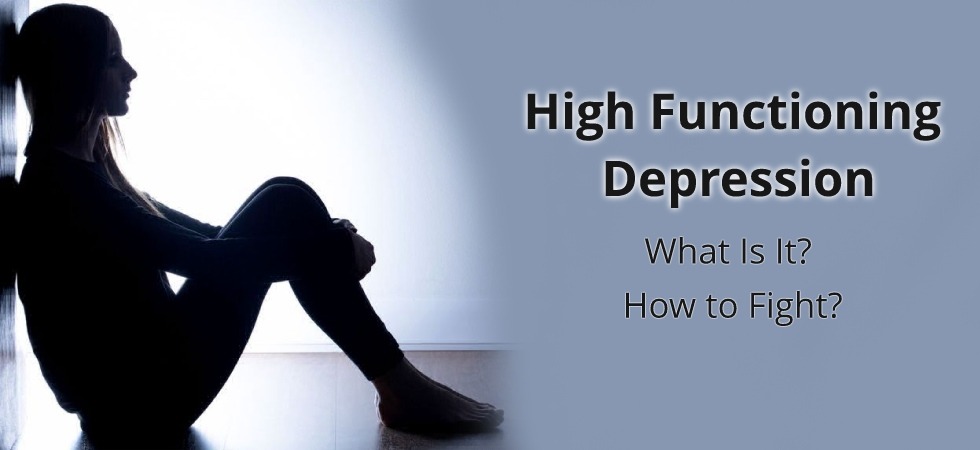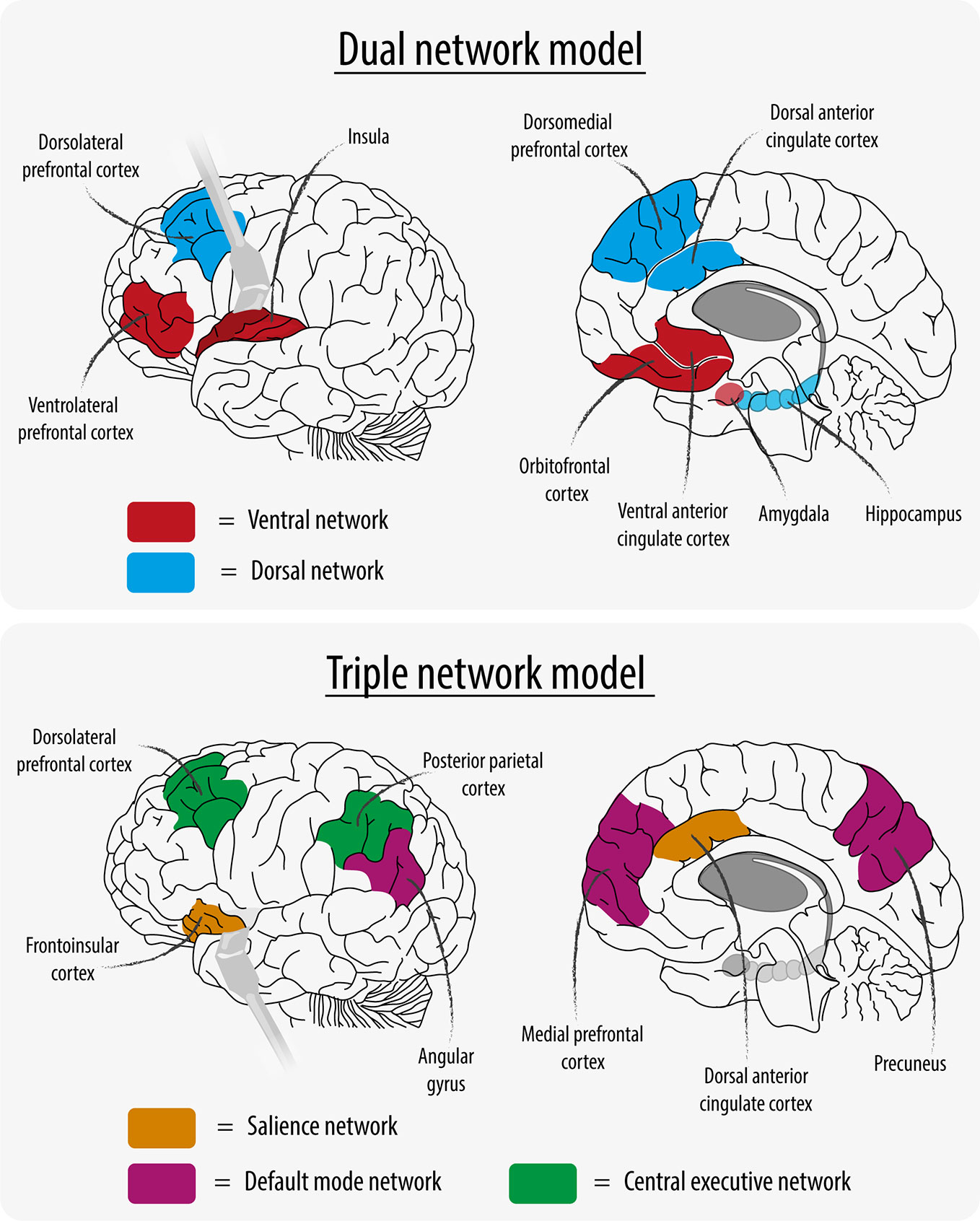

If you have high-functioning depression, you could be experiencing all these emotions, but have learned how to keep them to yourself.

Often, functional depression goes unrecognized – even by close friends and family members – because most people expect a depressed person to be continually sad, angry or pessimistic. You may spend most of your private time crying in bed or muting your pain with alcohol and drugs.

Some people living with depression have gotten good at masking their feelings when they are with others, but behind closed doors, it’s a different story. Though high-functioning depression isn’t a clinical diagnosis described in the DSM-5-TR, that doesn’t make it any less real. Mental health professionals call this condition functional depression. You might struggle with depression and still appear completely “normal” to the outside world – going to work, paying bills and even joking with colleagues. doi: 10.14309/ctg.Depression is one of the world’s leading causes of disability, but that doesn’t mean all depressed people feel too hopeless and distraught to complete their daily responsibilities. A coac h ed digital cognitive behavioral intervention reduces anxiety and depression in adults with functional gastrointestinal disorders.
#Functional depression full#
Please see the original reference for a full list of authors’ disclosures. “These initial findings strongly argue for the further development of coached dCBI applications for broad application in gastroenterology care,” the investigators concluded.ĭisclosure: One of the study authors declared affiliations with pharmaceutical companies.

Further, the researchers were limited in assessing the app’s effects on health care outcomes and gastrointestinal symptom improvements. Additionally, the study did not restrict RxWell access to patients who met diagnostic criteria for anxiety disorder or clinical depression but was based on the patients’ reporting of anxiety or depression symptoms in a real-time clinic visit.
#Functional depression trial#
The investigators noted that their study was an open, nonrandomized implementation trial conducted primarily under a quality assurance framework. About 65% (30/46 depression track users) had a reduction in depression scores, with 52% (24/46) having clinically significant reductions of 3 points or more in PHQ-8 scores.Īt 4 months, patients had a mean change in GAD-7 scores of 2.71 (SD, 5.68) and a mean change in PHQ-8 scores of 2.85 (SD, 4.58).Īnxiety scores improved in all RxWell users, regardless of whether they engaged with their digital health coach, but depression scores improved only in users who engaged with their digital health coach. In users who had sufficient follow-up data for analysis, about 70% (41/59 anxiety track users) had a reduction in anxiety scores, with 44% (26/59) having clinically significant reductions of 3 points or more in the GAD-7 scores. For depression, the differences between baseline scores and follow-up scores were not statistically different at the first assessment but were statistically and clinically different at up to 4 months. Use of the RxWell app was associated with statistically and clinically significant differences between baseline anxiety scores and the scores at the first assessment and up to 4 months of follow-up. The participants used a median of 3 techniques (IQR, 1-14), with 100 RxWell users (56.8%) completing 3 or more techniques. The app users were categorized into the anxiety (n=126 ) and depression tracks (n=50 ). A total of 364 patients with FGIDs were prescribed RxWell, of whom 176 (48.4% mean age, 42.3 years 73.9% women 92.1% White) were enrolled and completed the baseline GAD-7 or PHQ-8 measures.


 0 kommentar(er)
0 kommentar(er)
